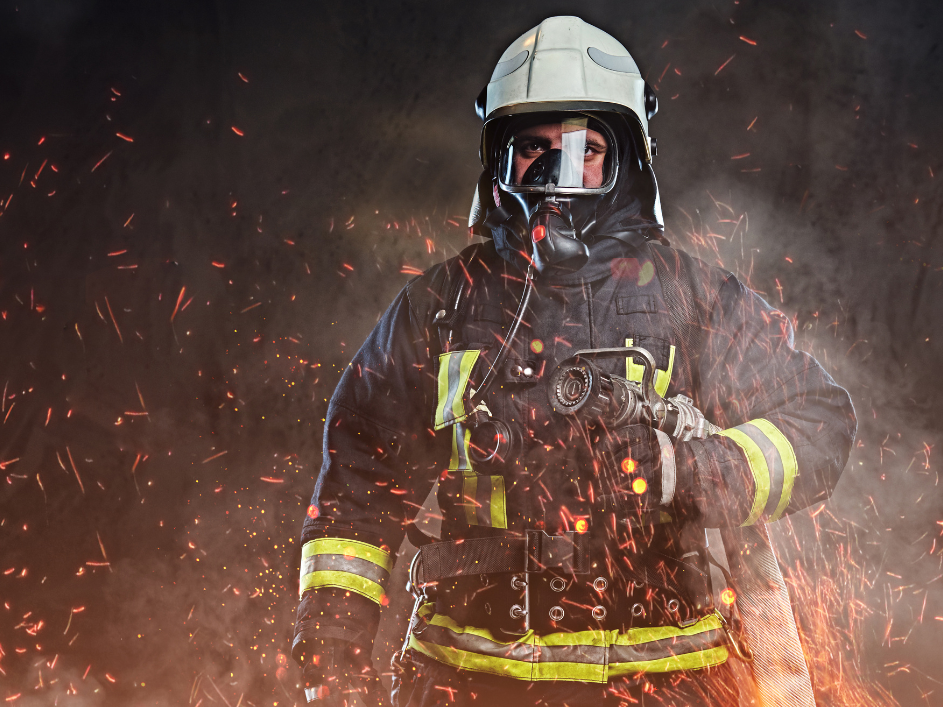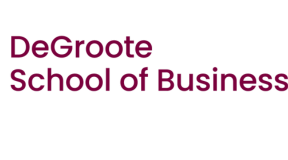
Disaster Preparedness at Canadian Mining Sites

About
Climate change is increasing the frequency and intensity of wildfires impacting resource extraction sites in Canada’s boreal forest. Decision-makers at these mining sites must decide whether and how to prepare for these events. To better understand this decision making, we undertook a quasi-inductive research design employing qualitative comparative analysis (QCA).
We created surveys and distributed them to mining site managers operating in Canada’s boreal region. The surveys evaluated the respondents’ perception of the controllability of extreme weather events on operations, their psychological distance from climate change, their firm’s experience with wildfires, and their firm’s degree of disaster preparedness. Additionally, we tested the influence of the exposure of the mining sites to wildfires using historic wildfire data and GIS analysis software, integrating climate change adaptation research across physical and social sciences. This research highlights the disconnect between exposure and decision-makers’ perceptions of their vulnerability.
Outcomes
Letter of Information
The Disaster Preparedness at Canadian Mining Sites letter of information for respondents.
DownloadOutcomes
Lalonde, E. and McKnight, B. (2020). Assessing How Exposure Influences Disaster Preparedness: A Study Of Mining Firms In Canada’s Boreal Region. [Global Water Futures Conference; Poster Presentation]
Read moreOutcomes
Lalonde, E., McKnight, B., Robinne, François-Nicolas (2023) Does Wildfire Exposure Influence Corporate Disaster Preparedness? A Study of Natural Resources Extraction Firms in Canada, Organization & Environment, 36(4).
Read more
Resources
Researcher
Brent McKnight is an Associate Professor of Strategic Management at the DeGroote School of Business, McMaster University. Dr. McKnight studies how firms and organizations address complex societal problems. Currently, this research has led him to research organizations’ resilience and adaptation strategies in response to disasters.
Emily Lalonde is a graduate of the Masters of Science in Sustainable Business and Innovation program at Utrecht University. She received a bachelors degree in Integrated Science from McMaster University, where she majored in Earth and Environmental Science. Emily is interested in sustainable transformations and has experience with topics like plastic pollution, wildfires, food security, and carbon abatement technologies.
François-Nicolas Robinne is a geographer with a specialization in risk and disaster management. He has been working on wildfire-related issues for over 15 years. He did his PhD at the University of Alberta, where his researched focused on wildfire risk on drinking water supply. He his now an analyst at the Pacific Salmon Foundation.

